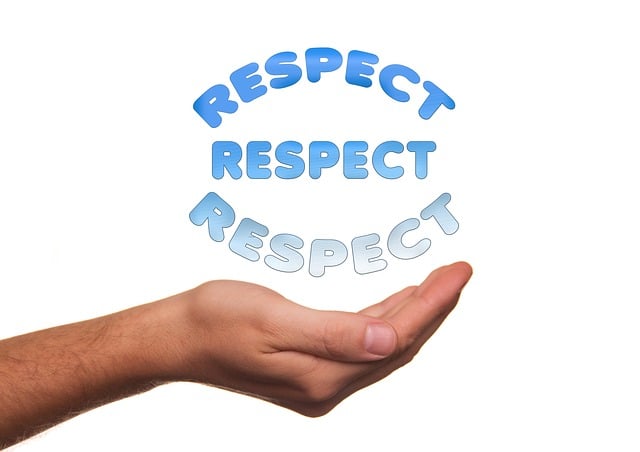What is the purpose of a business?
 If you were to ask this question to business school professors thirty years ago, most would probably answer you with the standard MBA mantra: “To maximize shareholder value.”
If you were to ask this question to business school professors thirty years ago, most would probably answer you with the standard MBA mantra: “To maximize shareholder value.”
In other words, to make a profit. No mystery. Lesson’s over.
After all, a business cannot possibly exist without profits. And why would anyone in their right mind invest their money in a company that doesn’t provide a handsome return? Enriching the shareholders was the final destiny for the life of a corporation, and that was that.
Finding the Deeper Meaning
Then a slew of strategic thinkers came along in the eighties and nineties with books like “Built to Last,” and “Competing for the Future.” These authors promoted a deeper meaning for the soul of a tired business.
They argued that a company was more than just about turning profits. In order to build a lasting enterprise, they suggested, a business must inspire people to greatness by making an impact on the world. So take another look at that stuff you are making, and rethink the services you provide. Hey, they might actually provide something useful to people! Pay attention to the meaning and impact your business has in the lives of the end-users, they preached, and the profits will follow.
Suddenly the grocery store was no longer in business to just sell food, but was now all about “feeding people.” The neighborhood dry cleaner was transformed from routine chemical drudgery into “Making people look and feel their best!” And Disney became much more than just making cute movies and family theme parks. It’s famous mission was “to make people happy.”
This shift in emphasis from the bottom line to peoples’ hearts inspired greater sense of purpose for both the employees and consumers. Words like Vision, Mission, and Core Values were now heard ringing in the halls of corporate suites across the nation, as senior executives grappled for the deeper meaning of their companies with earnest determination.
Can Business Improve Society?
But then came the new millennium, and with it the dotcom bubble. And then after that, 9/11. And then in 2007, the near-death spiral of the financial system. And to make matters entirely distasteful, trust in business, and in corporate America in particular, is at an all-time low.
However, if you watch closely, you can see the beginnings of what may be the next evolutionary rung in the progression of business in human society.
For the last decade or so, there has been a growing movement of businesses that reach beyond providing a great product or service that people love. These new economy thinkers and progressive entrepreneurs are realizing something important: a business focused on profits or products alone isn’t sustainable.
What if the purpose of business was to actually improve society?
This new approach to business says that profit is not the purpose, but merely the fuel that allows a business to deliver higher benefits to the world, by feeding the poor, or positively impacting a community, or improving the environment.
There are new terms cropping up in the business media that we haven’t heard before, like “conscious capitalism,” “triple-bottom line,” and the ever-ubiquitous “sustainability.” (If you are not familiar with these terms, you best get with the program. Follow the links for more info.) Add to this a growing interest from the general public who are hankering for a sense of social responsibility and economic justice from the companies they do business with. Companies like Whole Foods, Seventh Generation, and Lush are paving the way.
Corporate titles are following suit, too, with the creation of positions that would have been laughable in the 90’s, such as the Executive Vice President of Sustainability and Chief Green Officer.
Ethics, transparency, sustainability. These concepts are about as trendy today as the vegetable garden in the Obama’s back yard. Fast Company magazine has an entire segment devoted to Ethonomics.
Is this just a matter of everyone jumping on the sustainable bandwagon, or are we on the verge of a complete overhaul of capitalism as we know it?
Doing Well By Doing Good
Last month I attended a meeting to hear Bart Houlahan, co founder of B-Lab, talk about his vision for moving the socially responsible business from fringe hippie lifestyle concept to a legit corporate entity.
B-Lab is creating a new type of corporation called B (for benefit) Corporations which seeks to use the power of business to solve social and environmental problems.
This guy just might be the one to change capitalism as we know it.
The B-Corp legally requires for-profit company boards to consider social and environmental factors every time it makes a decision. This new legal framework creates a corporate structure that provides responsibility not just to the shareholders, but also to the community, employees and the environment.
Houlahan, through B Lab as a sponsoring entity, is working his way through the halls of congress pursuing legal change at the state level to enact B Corporation as a legally-recognized corporate form.
Is this the groundswell of entrepreneurs, activists and good people who will change business as we know it in the future? I don’t know, but there is certainly momentum building. Sooner or later, something’s got to break through.











